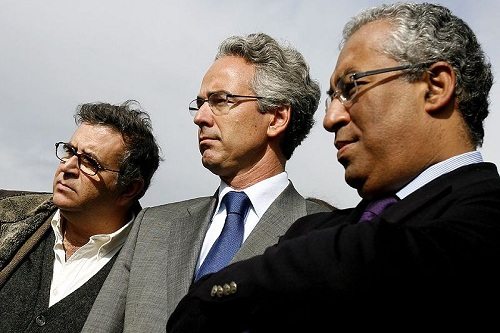
August 5, 2013; Guardian
What would have happened if the bailout money had focused less on corporate renewal and more on local economic diversity and community health? An experiment in Lisbon, Portugal may help us to discern the answer in the midst of sky-high unemployment rates and serious austerity measures.
Sign up for our free newsletters
Subscribe to NPQ's newsletters to have our top stories delivered directly to your inbox.
By signing up, you agree to our privacy policy and terms of use, and to receive messages from NPQ and our partners.
António Costa is Lisbon’s socialist mayor and he has embraced social entrepreneurship as central to the plan to reinvigorate the city’s economy. Using European funding and participatory budgeting, the mayor invited proposals for social enterprise from coalitions in the area.
João Meneses, professor of social economy at the Portuguese Catholic University comments that the structure of the application process brought people together. “Mouraria is historically a centre for immigration; we needed to build the social capital which would make the interventions sustainable.”
He calls the Mouraria an open-air social enterprise incubator, saying, “Here small businesses can prototype new products quickly and every time they use a machine, we ask them to blog about their experience, so everyone learns.”—Ruth McCambridge













